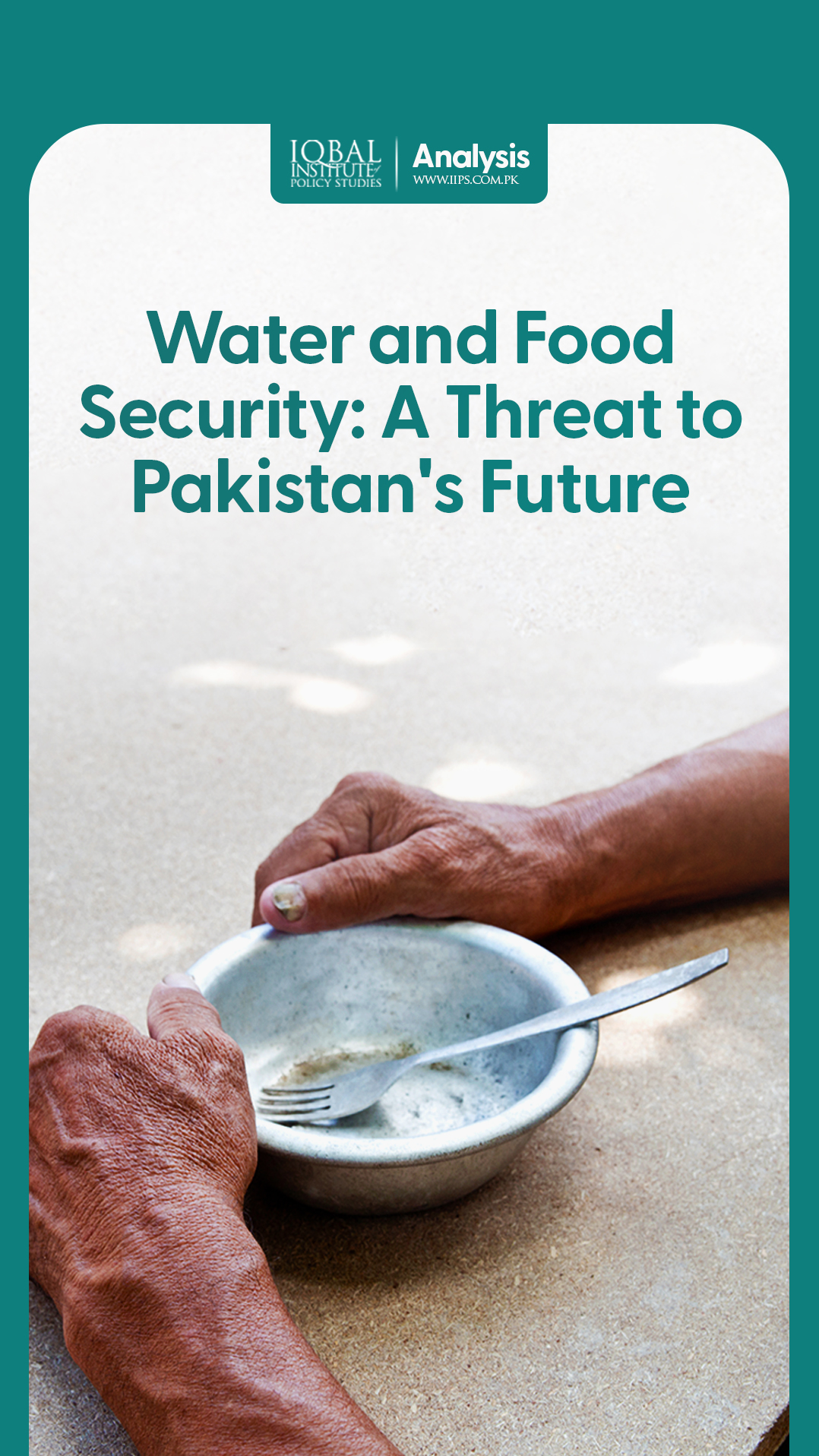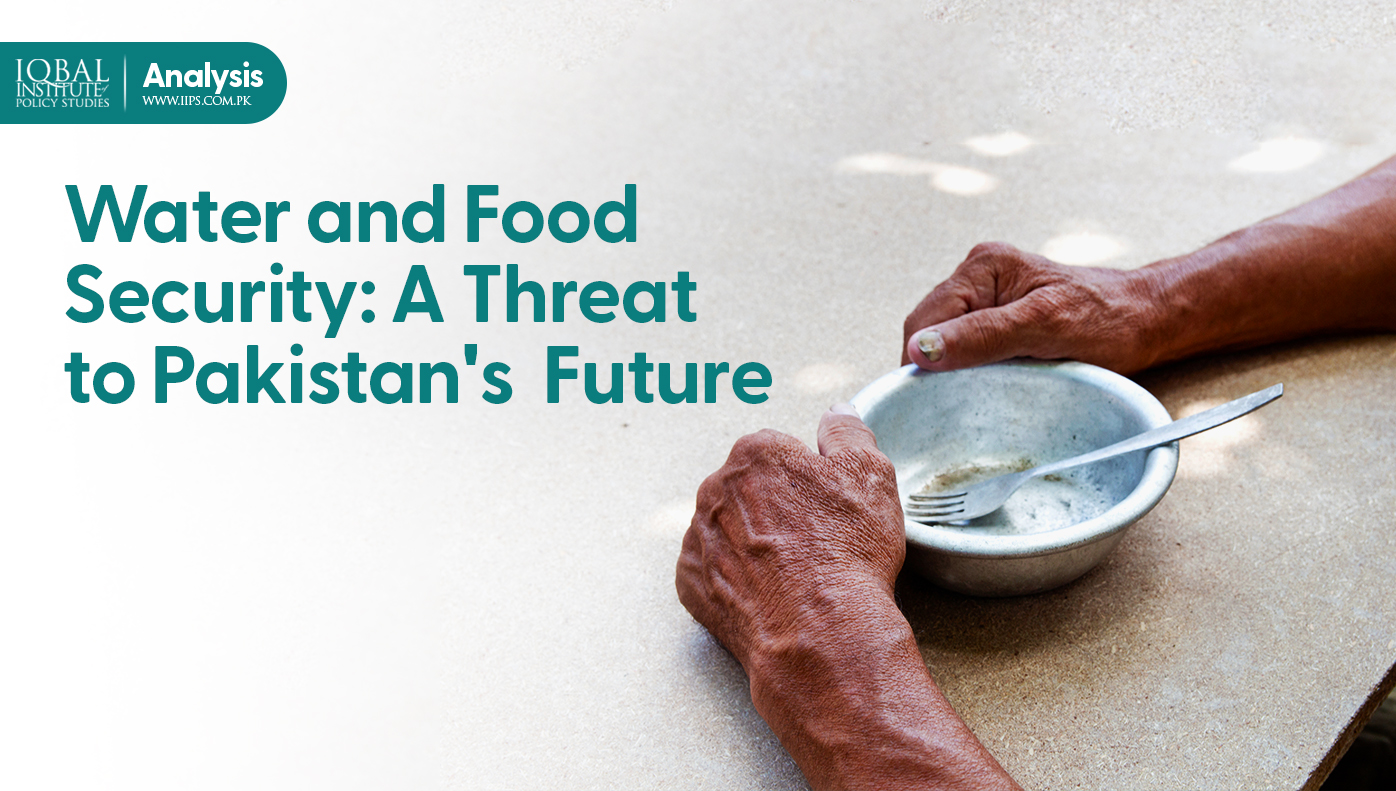Water scarcity and food security have rapidly deteriorated to a level threatening the state’s financial viability. These two problems are interconnected as the increasing water scarcity causes more food insecurity in the country. Due to the rising cost of production, lack of policy, planning, research, cartelisation of agri-trade, and inefficient markets, these two problems have accentuated an existential threat to the state and society.
Pakistan is headed towards a serious water crisis. Experts estimate that the country will run out of water if the government does not take action by 2025. Approximately 95 per cent of Pakistan’s water is used for agriculture, with 60 per cent of its population directly involved in agriculture and livestock, and 80 per cent of exports are based on these sectors (Asia Foundation). Dams and waterways are used to provide and store water for agriculture purposes.
However, for the last several months, the country’s dams have been depleted in reserves, putting the entire dependency of the agricultural base and drinking water on the run of river supplies. Furthermore, the country has not had any mentionable rain spells since January, and the furnace heat situation is gripping the country’s plains.
Currently, total national water supplies stood at 151,800 cusecs against 264,200 cusecs last year. Pakistan’s water storage capacity has reached 148,000 acre-feet of water against the last ten years’ average of 2.4 million acre-feet per day (Dawn,2022). The situation has halved the necessary supplies for the country’s irrigation and drinking.
After water scarcity, food security has been the second biggest challenge in the last three years. Over the last three years, Pakistan’s double-digit food price inflation and dwindling income have left most of the population food insecure. The World Food Programme (WFP) estimates that approximately 43 per cent of the country’s population is food insecure, and 18 per cent of those have acute food insecurity. According to Global Hunger Index, Pakistan ranked 92nd out of 116 nations.
Food security is being jeopardised on numerous fronts, with growing conflicts, extreme weather events due to global climate change, and the economic and health issues posed by the Covid-19 pandemic all contributing to hunger. Rather than just a scarcity of food, food insecurity indicates a lack of sufficient funds to acquire food. According to the World Food Programme, 41 million people are on the verge of famine, while the global report on food crises-2021 says that food crises will become even more widespread and severe.
However, financial allocation and measurable goals need to regularly assess the situation to overcome the water crisis in Pakistan. Furthermore, the construction of dams is required to increase water storage capacity. To avoid future food crises, the government must introduce an elaborated food security plan with the allocation of funds in the upcoming budget. These two issues, water planning and food security, should be treated as national emergencies.



Leave a Reply